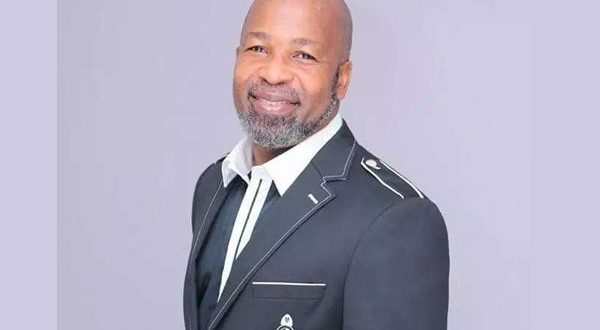Nollywood actor, Yemi Solade has come out to ask what will happen to the doctorate degrees bestowed on Nigerian celebs by universities in Benin Republic and Togo. He recently had his say via a post shared on his Instagram, and fans have been reacting.
According to him, he wants to know what will happen to the doctorate degrees given to Nigerian celebs now that FG has declared them invalid, because it is absurd that such was even allowed to happen in the first place.

His words, “What Happens To ALL The ABSURD Doctorate Degrees Splashed On Nigerian Celebs Since FG Has Pronounced That Degrees Acquired From Benin Republic Since 2017 Are INVALID? #fakedegreescam #fake #cotonou #beninrepublic🇧🇯 #university #invaliddegrees.”
The Minister of Education, Tahir Mamman added, “We have had to take some major decisions here (at the ministry of education). Some staff members who were affected faced disciplinary measures. That whole unit had to undergo a review. We cannot have in our midst people who procured fake certificates competing with students who graduated from universities and polytechnics through their sweat, some spending four, five, six or more years. They cannot be going out to compete with people who procured certificates right here in Nigeria without going anywhere. Through the data the NYSC has, about 21,684 students are parading fake certificates from Benin Republic obtained between 2019 to 2023, Togo about 1,105. They simply attended schools that are not recognised to offer degree programmes by those countries.”
WOW.
Nollywood is a sobriquet that originally referred to the Nigerian film industry. The origin of the term dates back to the early 2000s, traced to an article in The New York Times. Due to the history of evolving meanings and contexts, there is no clear or agreed-upon definition for the term, which has made it a subject to several controversies.
The origin of the term “Nollywood” remains unclear; Jonathan Haynes traced the earliest usage of the word to a 2002 article by Matt Steinglass in the New York Times, where it was used to describe Nigerian cinema.
Charles Igwe noted that Norimitsu Onishi also used the name in a September 2002 article he wrote for the New York Times. The term continues to be used in the media to refer to the Nigerian film industry, with its definition later assumed to be a portmanteau of the words “Nigeria” and “Hollywood”, the American major film hub.
Film-making in Nigeria is divided largely along regional, and marginally ethnic and religious lines. Thus, there are distinct film industries – each seeking to portray the concern of the particular section and ethnicity it represents. However, there is the English-language film industry which is a melting pot for filmmaking and filmmakers from most of the regional industries.
Support InfoStride News' Credible Journalism: Only credible journalism can guarantee a fair, accountable and transparent society, including democracy and government. It involves a lot of efforts and money. We need your support. Click here to Donate
